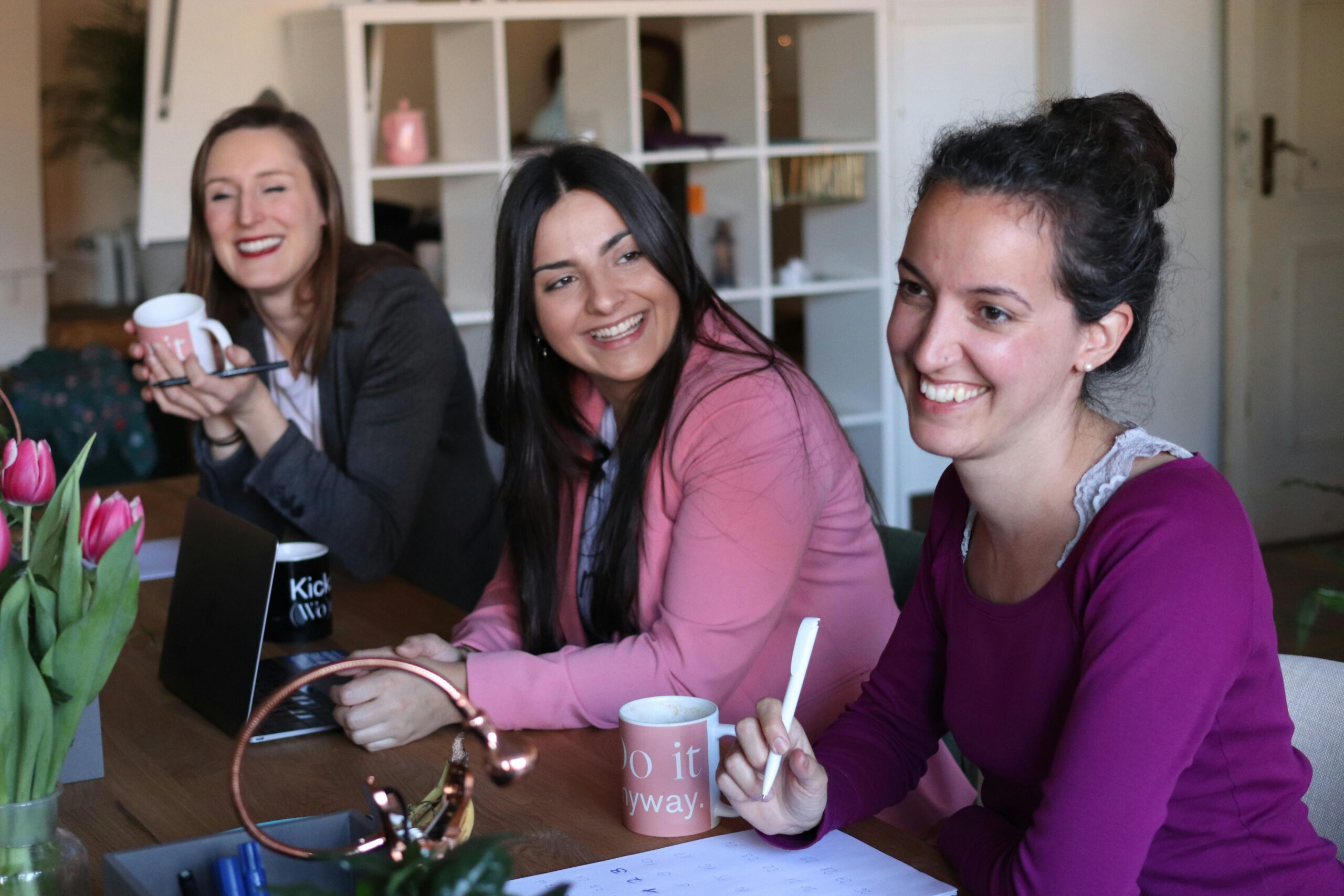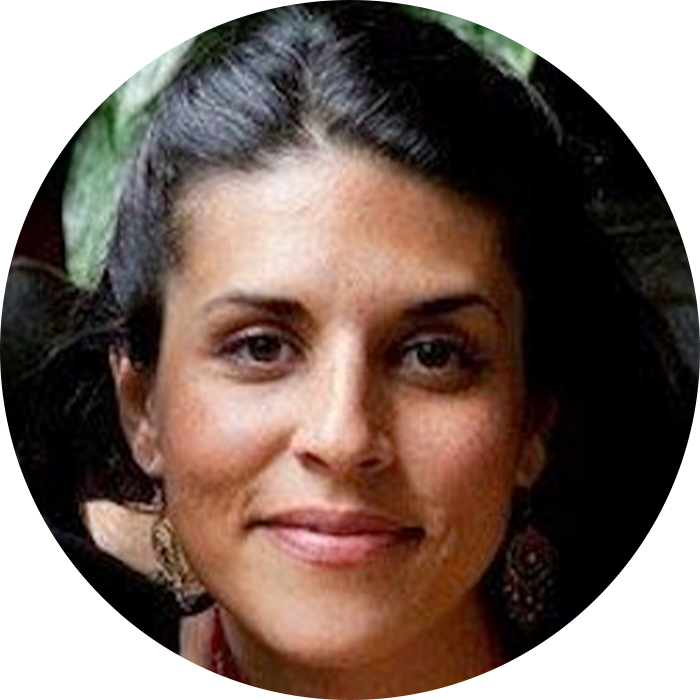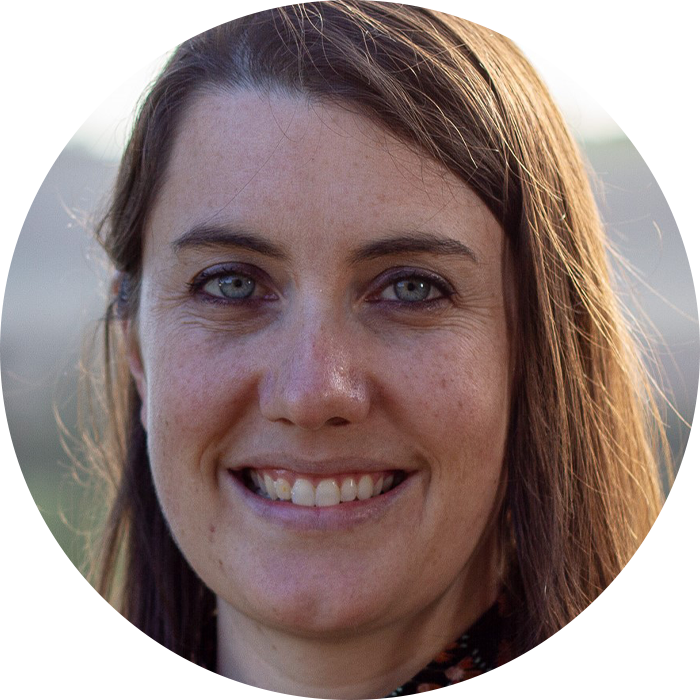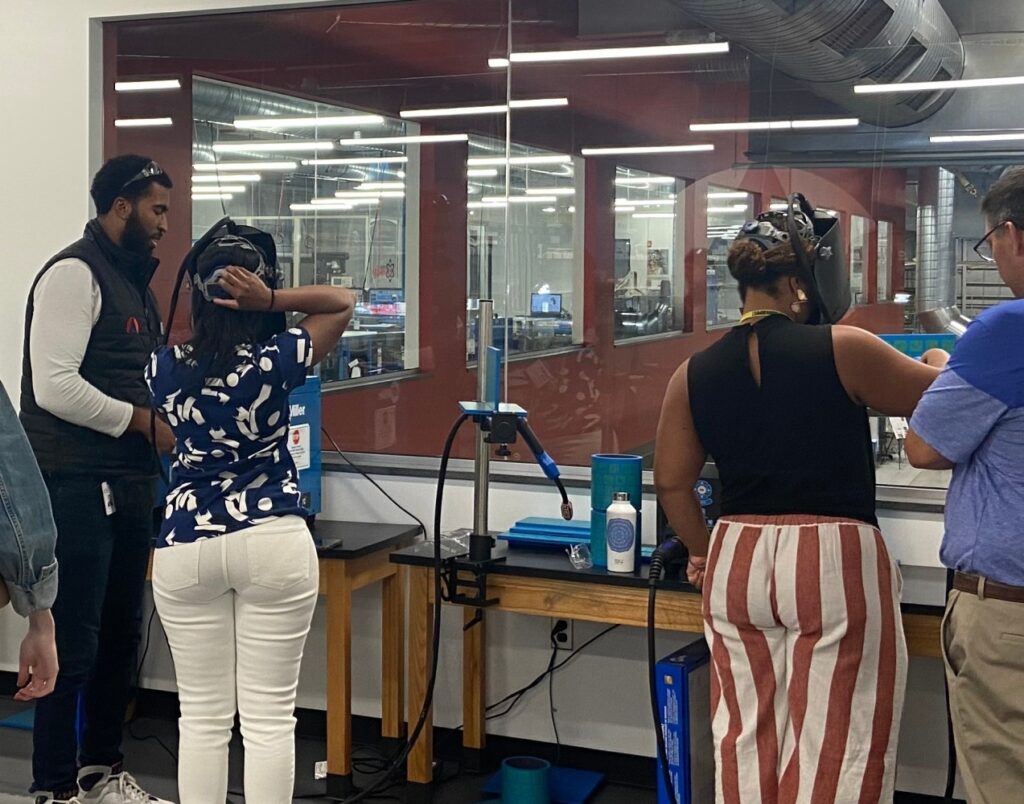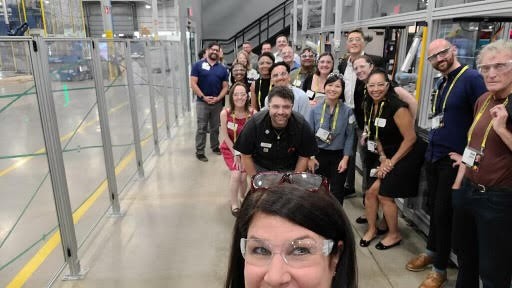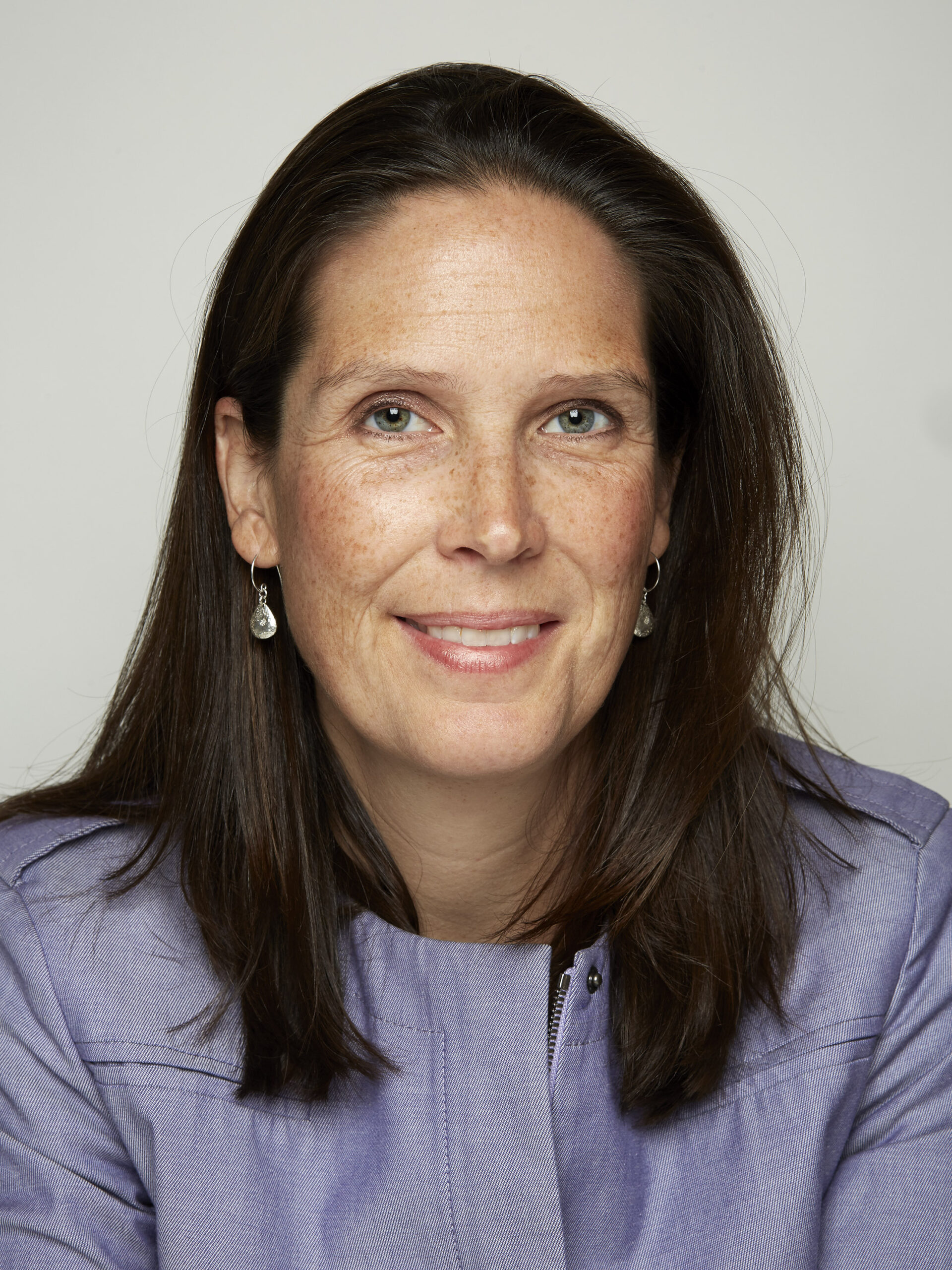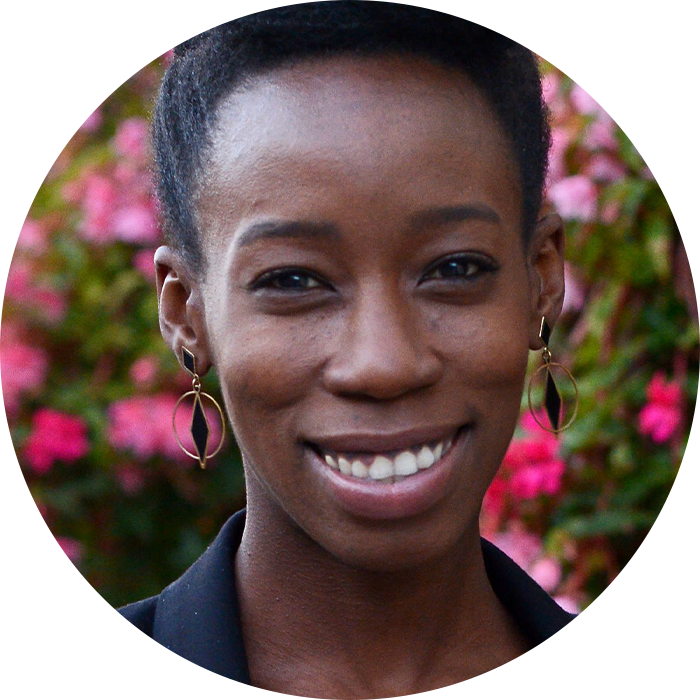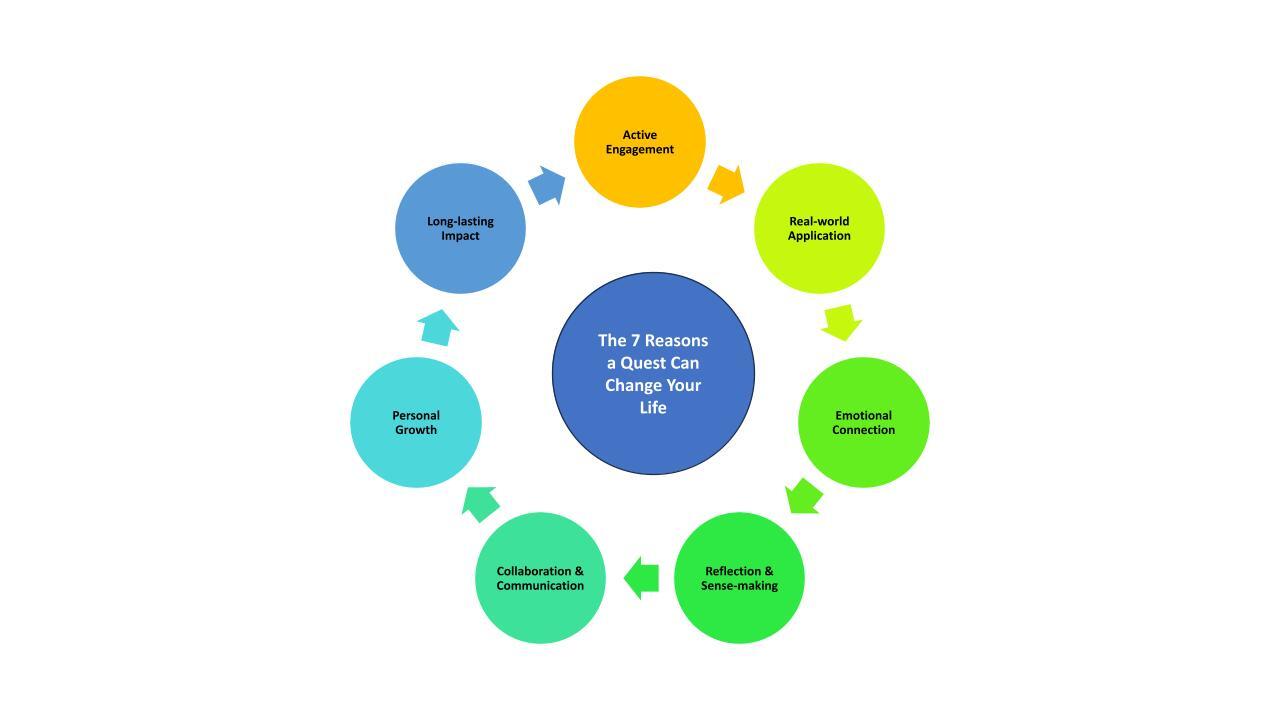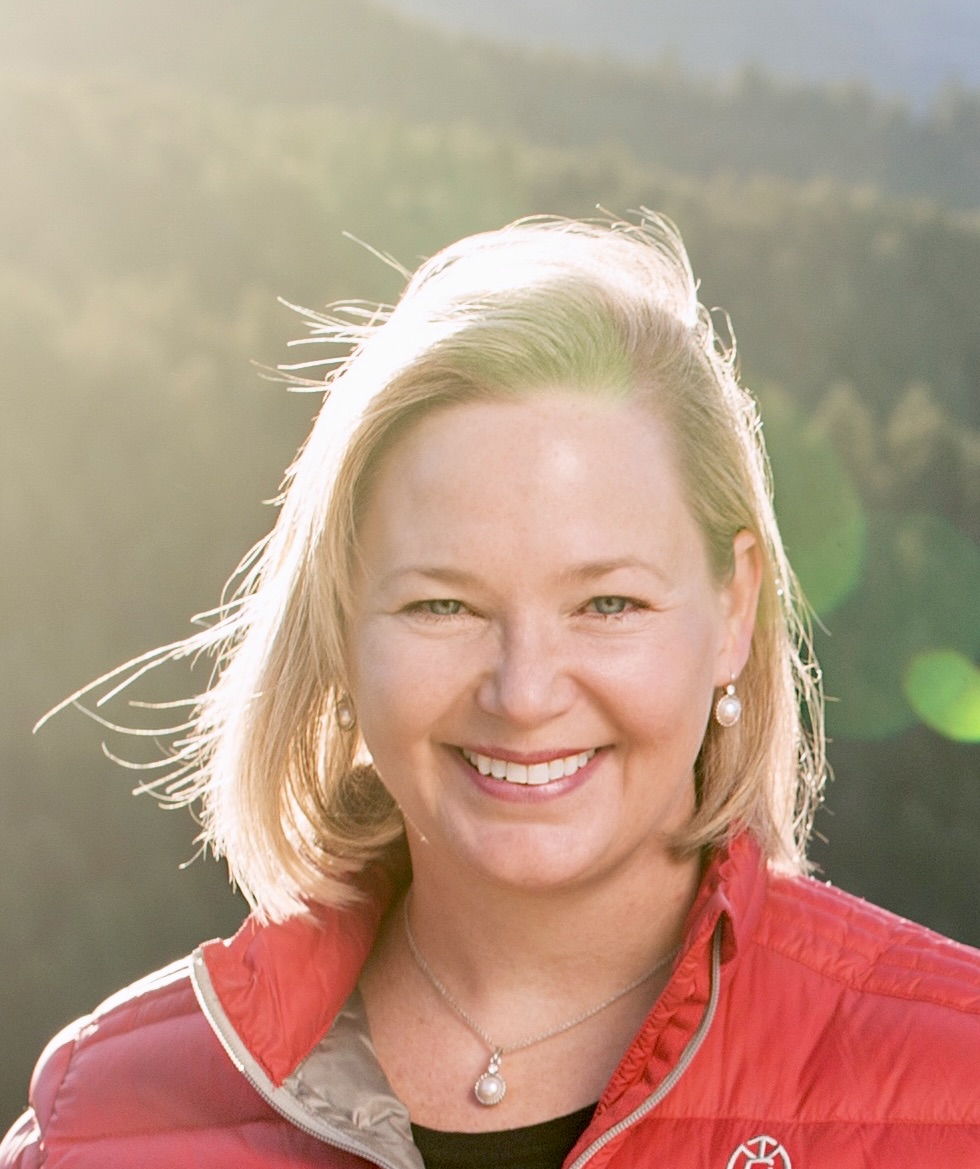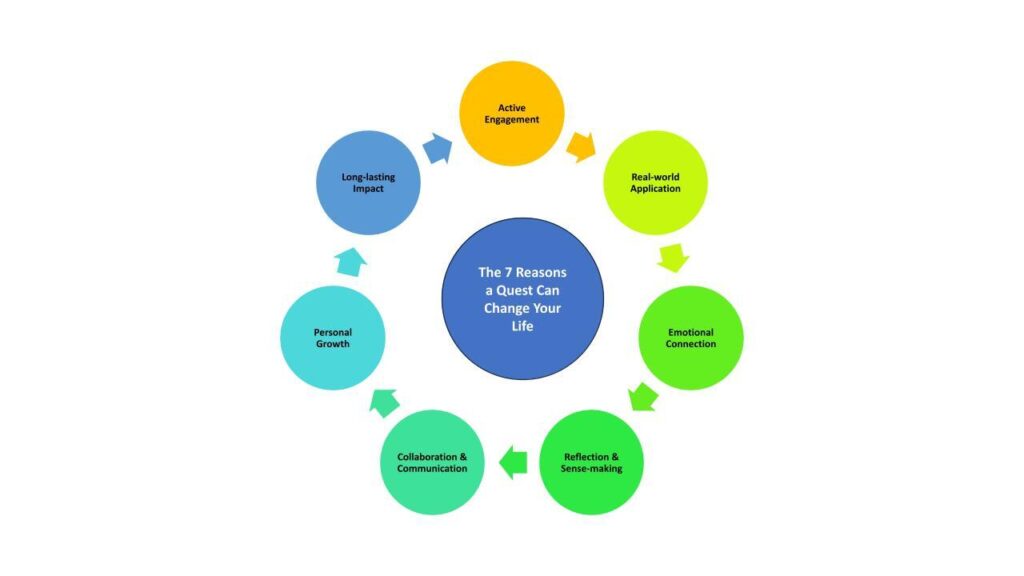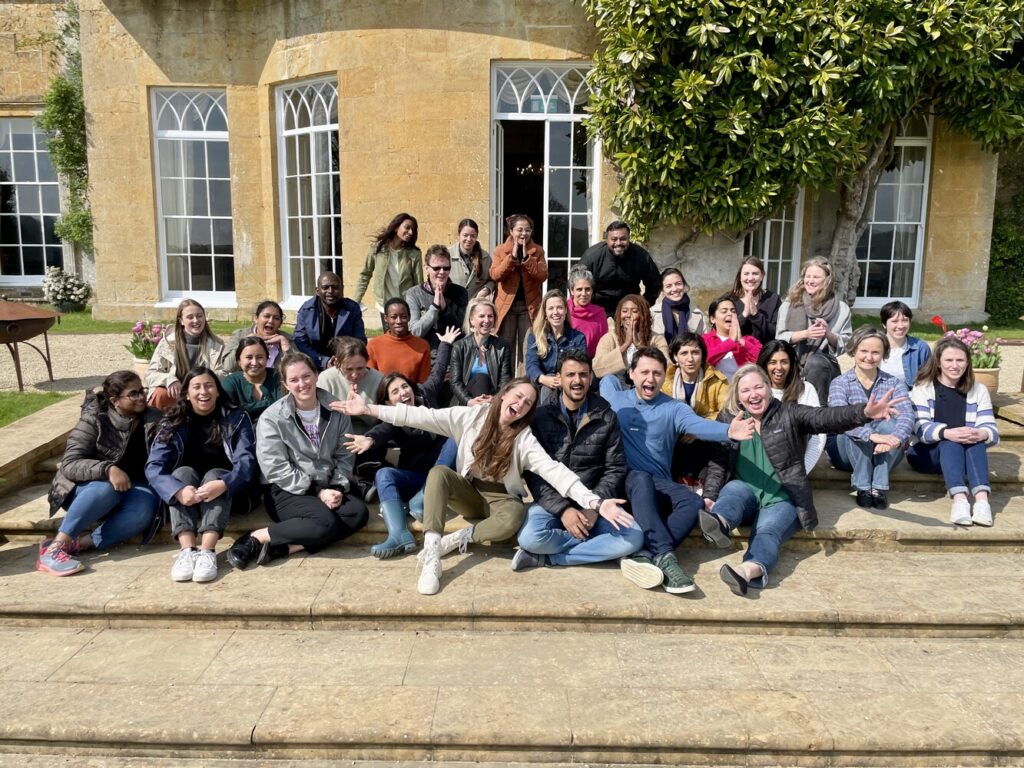Change Happens – it isn’t Pushed
By Carolina Moeller
When we really want something, we push for it. We invest energy into driving that change forward with grit and determination. However, when the change that we seek needs other people on board, sometimes pushing hard will gets us nowhere. In fact, holding lightly what we most cherish could deliver better results.
How is that possible?
In a previous role as Head of Business Education at WWF International, I had the opportunity to join a Leaders’ Quest program. It took place in China at a time when global environmental and social disruption was already rampant; geological disasters, flash flooding, environmental protests, a debate on shale gas drilling, and even a proposal to ban shark fin from menus had made the Chinese news that year.
I was excited to spend a week with an awesome mix of people (business, investors, activists, artists, and conservationists) and most of all to explore what was playing out in China and the parallels with our own contexts.
But quickly I grew frustrated.
I felt we were in the right place but having the wrong conversations.
I voiced my concerns to the LQ team and they suggested I speak up after dinner to try and shift the narrative. My legs were shaking as I stood up to make my points in front of the group. Afterwards, the activists and artists thanked me (‘’finally someone said it!’’) but the business people still turned their backs on me, and nothing changed.
Fast-forward to the end of the week when we shared our final reflections. A wealthy investor spoke. He said that he had screened the group at the start of the week, spotted the ‘tree huggers’ and the business people, and made a conscious decision to spend his week with those most like him. But then he said:
“As I sit here at the end of the week, I realise that the most inspiring heart and mind opening conversations I’ve had have been with the tree huggers. I’ve come to know the tree hugger in me.”
My jaw dropped. I realised my whole approach to change was flawed, filled with resentment and judgment.
Pushing data, statistics and arguing doesn’t inspire deep change.
What makes change possible is the experience of seeing the world from different perspectives.
The magic of a Quest
This was my starting point for loving the approach we practice at Leaders’ Quest. Change happens through experience, not telling others what to think by providing information, but providing the conditions for change. It happens by suspending judgment, by allowing people to change their mind with grace. This is the magic of a Quest and it allows ourselves and others the freedom to evolve..
When it was my turn to speak in the circle, I said:
“I’ve come to see that I’ll strangle the ideas that I most care about if I hold them so hard, push on them so relentlessly.”
Like the investor on that Quest, I’m still learning to hold lightly that which I most cherish. Another way I’ve heard it put is “strong opinions, loosely held”, a concept attributed to Jeff Bezos of Amazon. This refers to the importance of being able to think openly and flexibly about a problem instead of being stuck intellectually on any one particular path.
Letting go of strongly held beliefs is a real struggle when we care so deeply about the change we want to see in the world, but I experienced the radical change it can bring about first hand, and I encourage you to try it with an idea that you really care about. Is there a time you can reflect on where you pushed so hard for something it stopped you from realizing what you most longed for? Hold that idea loosely and you may see a new way forward.
To learn more about Quests from Leaders’ Quest, visit our Quests page

